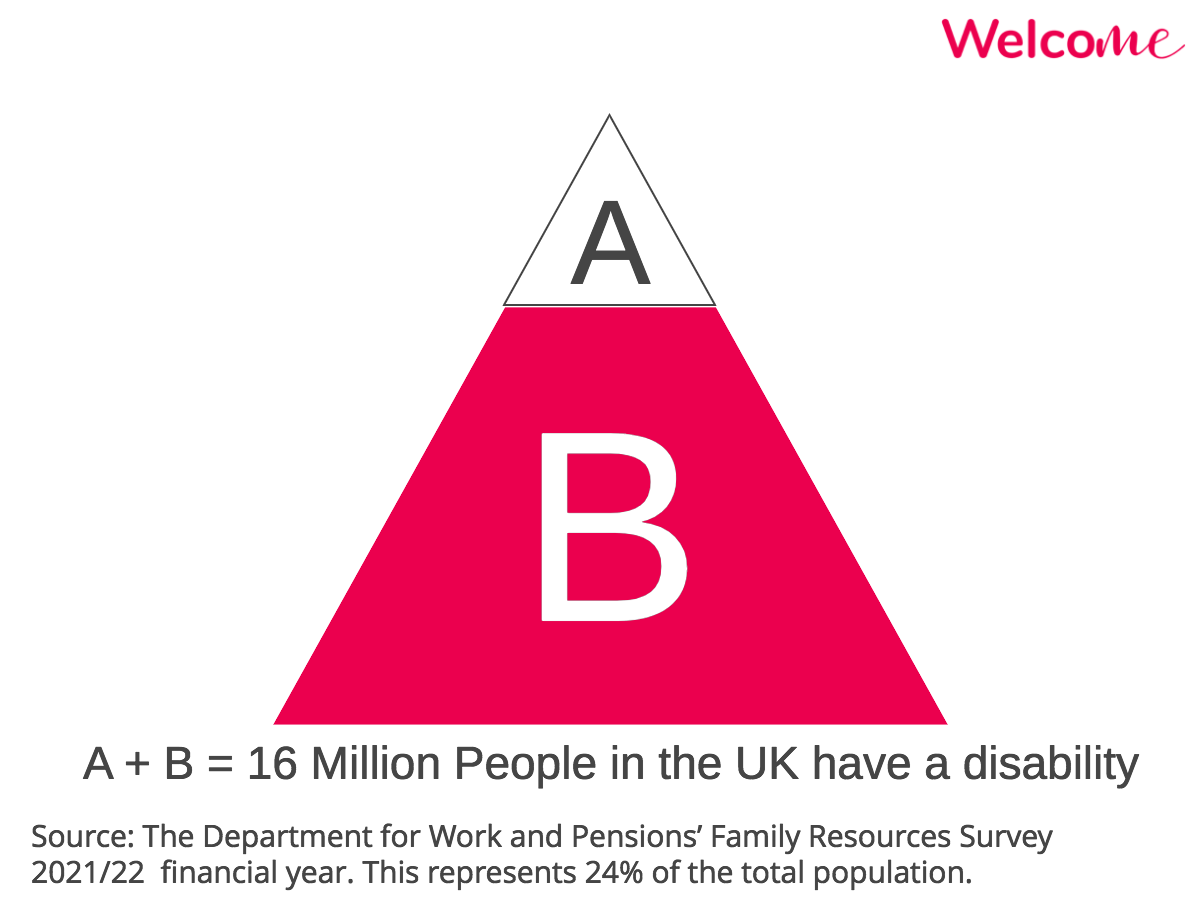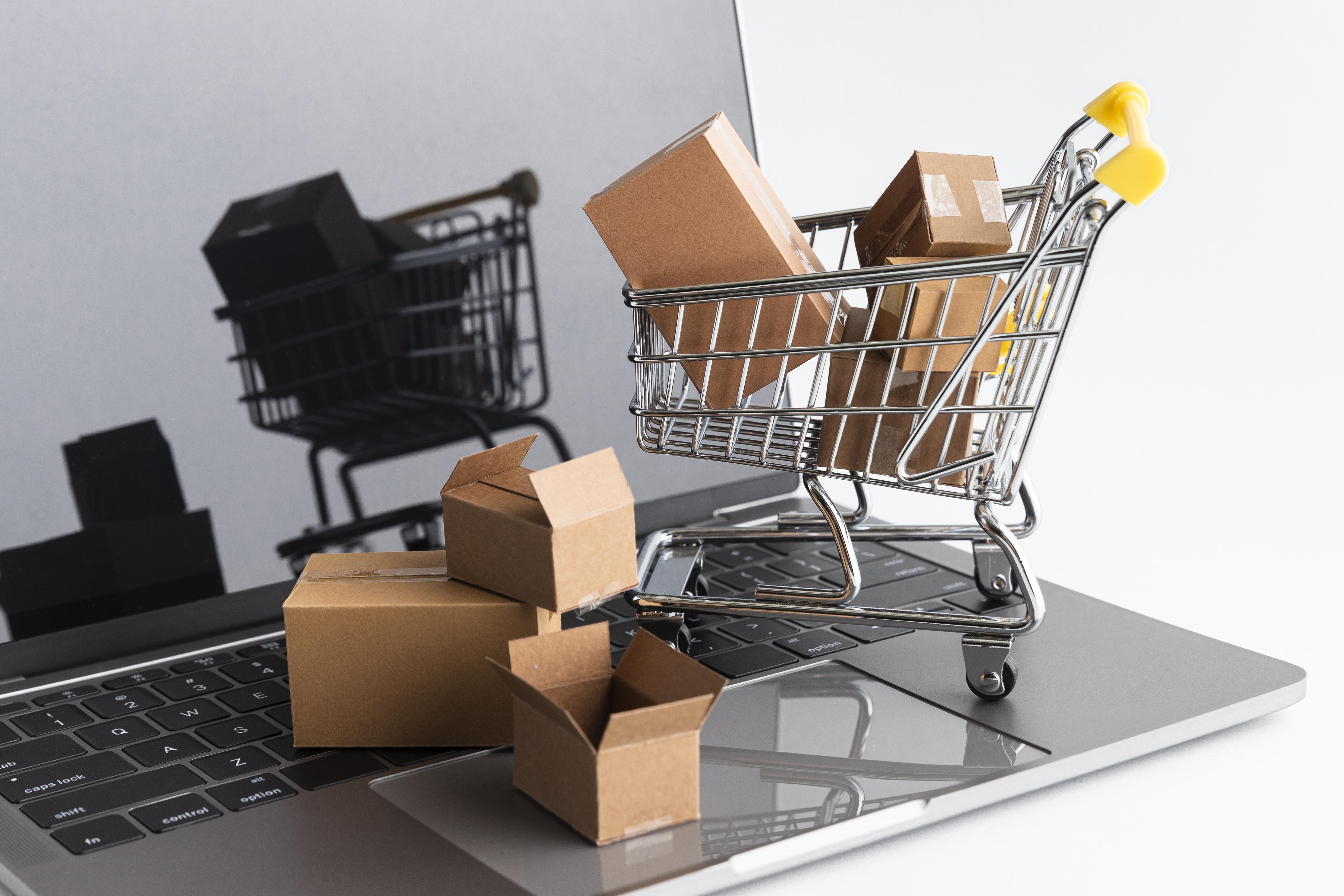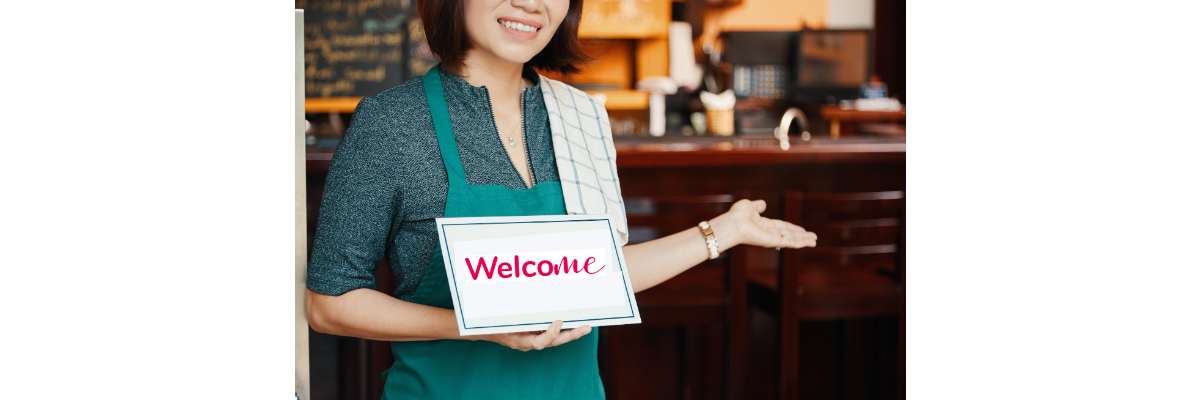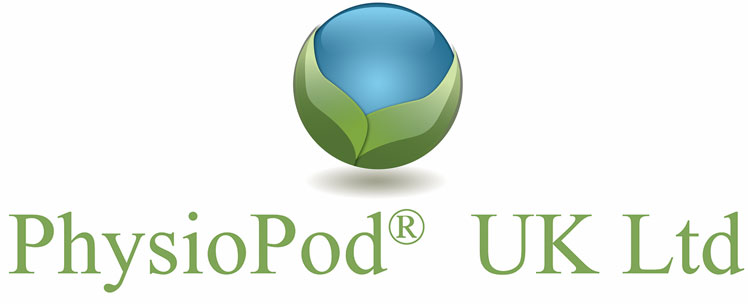Be Ready to WelcoMe All of Your Customers
By Gavin Neate, Founder of WelcoMe - A world first. Empowering all disabled people and service teams by reducing anxiety and increasing confidence in their real-world interactions #NationalDiversityAward Entrepreneur of Excellence.

"I was so lucky.
For 18 years, I worked for an organisation where I trained blind and visually impaired people how to use their new guide dogs.
It was an awesome job (more of a vocation), and I was incredibly happy and felt this was my job for life.
As part of my duties, I was required to assess new applicants. This involved checking on their general fitness levels and need for this type of mobility aid, i.e., where they would go, how far they wanted to travel, and how often. The application process was to assess overall need but also to ensure the person had the skills required to look after a dog.
If the person was accepted, they would progress through the programme, ultimately be matched, and go on to be one of around 5000 blind and visually impaired people owning and using guide dogs.
I felt quite good; in fact, I felt fantastic. I was making a real difference in the world, and I certainly was for the six people a year I trained.
It was only years later after I had formed Neatebox and began work on WelcoMe that I began to ask myself some pretty serious questions, the key one being, "How were the other 340,000 people who are registered blind or partially sighted in the UK getting about, and also, in a country with 16 million disabled people, how many others were falling through the support mechanisms relevant to their own conditions and needs?
In the diagram, "A" represents the disabled people we see. These are people in employment, sportspeople, people on TV, people going about their daily business, and people at leisure centres, libraries, or community centres. They are the disabled people who have successfully accessed services like the ones delivered by Guide Dogs or who have found the confidence to progress without them.
They make up a small portion of the 16 million disabled people in the UK and account for only a small portion of the £274 billion in annual spending by disabled people in the country.

"B" represents the disabled people you don't see. These are the people who are newly disabled and in the process of dealing with their new circumstances, or those who are long term disabled and perhaps too anxious to engage with the world around them. They are the ones who might be slipping through the support net and who might not even know that support exists.
If they do go out, they don’t go to places they haven’t been before, and they find it harder to socialise or build new friendships. They may be anxious, or they may have found that by limiting their activities, they can avoid anxiety. They may or may not be living with loneliness, but they have accepted that the world does not welcome them. Ultimately, the longer they remain isolated, the more likely they are to experience the loneliness that often accompanies it. You won't hear from them or see them, and they won't be calling on you to improve the services you provide. They just won't use them.

They make up the vast majority of the £274 billion spent every year by disabled people, but where our society relies on face-to-face trade, they won’t be spending it with them.
I’ve become increasingly aware that the impression we have of disability and the disabled is a reflection of those we see and not those we don't, and that I have spent a considerable amount of time being ignorant of those who need the most support.
I used this awareness to develop WelcoMe to help people get back or even into society for the first time. When a venue offers WelcoMe, they are actively saying, "We understand you may be anxious and aware; you may not have been here before, but we want you to come, and we want to ensure that when you arrive, we understand your needs and how best to meet them. You are welcome."

WelcoMe lets someone know they will be met by an informed and confident staff member, increasing the likelihood that disabled people will choose to go to places they have never been before.
WelcoMe exists to support those who may have slipped through the net, but we can all help by understanding that for every disabled person we see, there are many who require us to be a little more proactive with our care and concern."

Gavin
Visit http://Wel-co.me for more information, and drop us a line at Hello@Wel-co.me to join our revolution.
PHYSIOPOD® UK COMMENT
The WelcoMe app was made to help people with disabilities get help at venues, making their time there easier and more enjoyable. Most disabled people ask for help when they need it, just like everyone else. However, there are many who don't, and I think this is because everyone has different experiences and preferences. Independence and autonomy, fear of being judged or pitied, negative experiences in the past, lack of resources, and feeling like a burden on others could be some of the reasoning behind their decision to not ask for help. There are also people who have trouble learning, who have major mental health problems, or who have anxiety that makes them unable to do anything. People with disabilities can have very different lives and points of view.
WelcoMe makes sure that the disabled person is treated with openness, understanding, and respect. It also creates a welcoming and supportive space where people can feel safe asking for the help they need. Have you heard of the app WelcomeMe? Do you know anyone who might gain from this? If you do, please share this post where Gavin speaks from the heart about the work and thought processes that led him to create the app.

